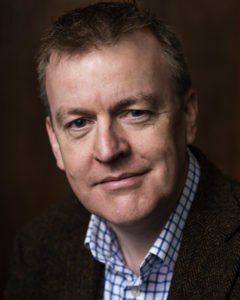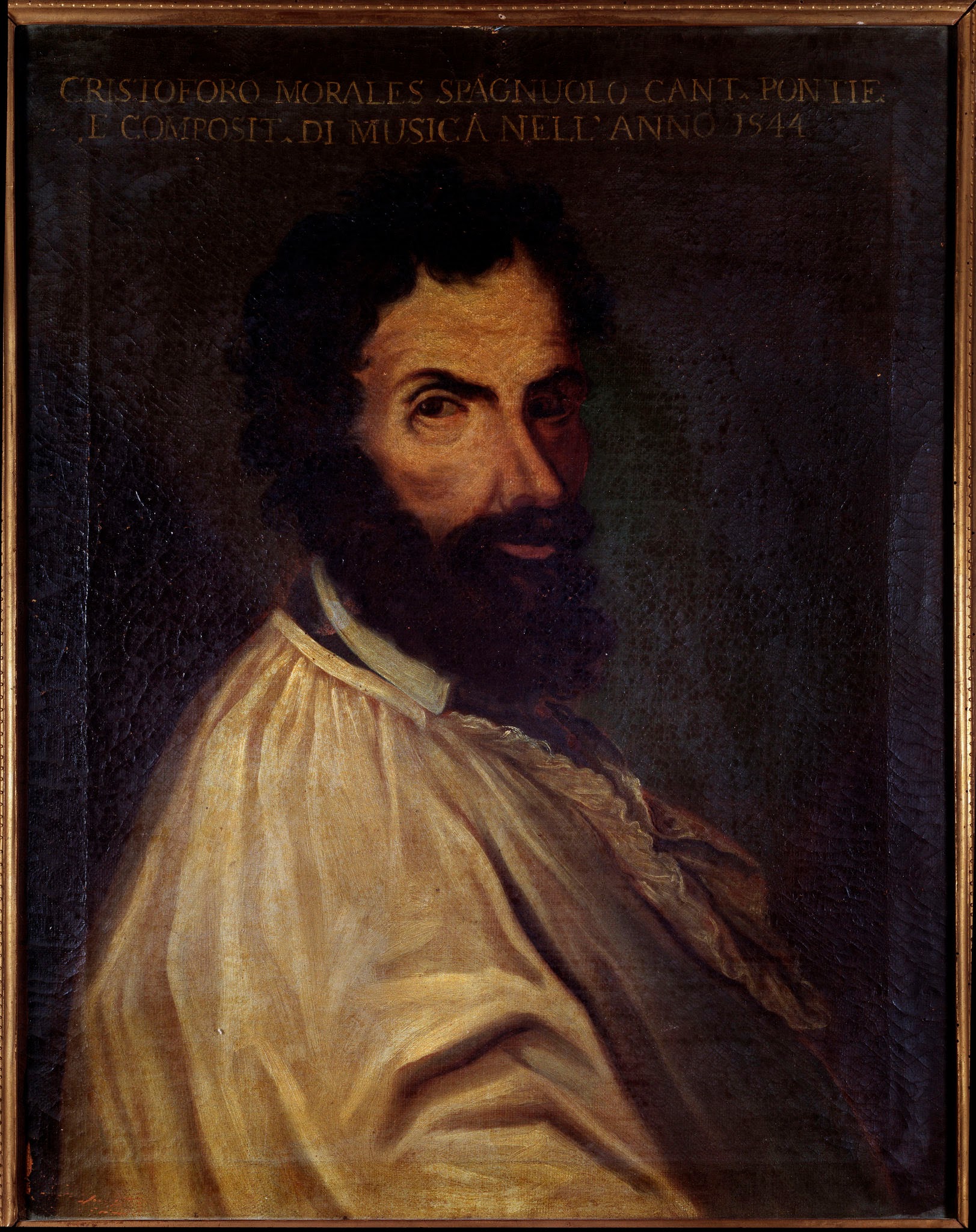A Q&A with our founder and artistic director, Mark Dourish

What is The Morales Project?
The Morales Project is an ambitious 12-album endeavour by De Profundis (launched in 2023) to record all the masses and Magnificats of Cristóbal de Morales for Hyperion Records.
What’s so special about Morales?
Cristóbal de Morales was the first major composer to come out of Spain. No Spanish composer of the 16th century was more praised during his lifetime and for two centuries after. Internationally renowned, contemporaries called him ‘the light of Spain in music’, ‘the unsurpassable Morales’, and the greatest of those who knew how to lift the human heart to the contemplation of divine things. Morales can rightly be regarded as the founding father of the famous Spanish Renaissance school, a group of composers that De Profundis has specialised in for many years.
Why the complete Masses?
The idea for the Morales Project came out of a conversation I had a few years ago with Michael Noone (founder of the group Ensemble Plus Ultra). We were talking about an album that he wanted to record with us that would feature some of the wonderful Morales service music that he had unearthed in Toledo around the turn of the millenium. He came up with a programme that would fill half of the album, and we got talking about what could fill the other half. “It’s OK,” he said, “We’ll just sing an unrecorded Morales mass – no shortage of them!” Unfortunately that project fell through, but the thought of the unrecorded Morales masses remained with me.
After recording albums of music by Ribera, Vivanco and Esquivel, I was thinking about what De Profundis could tackle next, and I returned to the topic of the Morales masses. I had a closer look and saw that out of Morales’s twenty-two masses only six or so had ever been recorded, and not all of those recordings were currently available. That seemed a poor show for a figure as significant as he was. Given the esteem in which his music had been held during his lifetime and for a long time after, there was clearly a whole lot of top-notch and important music by Morales that was completely unknown to the record-buying public.
A long-term project that was both significant and achievable sprang to mind: we would record and present to the public all of Morales’s twenty-two masses over twelve albums, with all his famous Magnificats included into the bargain. Renaissance composers of sacred music often poured their highest artistry into settings of the mass, so we would record all of them and thus present a complete picture of his art. And Morales was famous throughout Europe and the Spanish colonies for his settings of the Magnificat, so our project would encompass them too.
Why De Profundis?
Unlike many other groups that sing this music nowadays, De Profundis has always performed using the adult male forces that continental Renaissance musicians would have recognised: the top line sung by male altos, and the lower parts taken by tenors, baritones, and basses. Over the years we’ve concentrated more and more on the music of 16th century Spain, and I think we’ve become a group that has something to say about this repertoire. We’ve found the darker and richer tone colours of the lower voices shed new light on the expressive power of this music and help to restore the original colours, in much the same way as a modern-day picture restorer reveals the beauty of a painting by an Old Master.
Why Robert Hollingworth and Eamonn Dougan?
We’ve worked with both of these wonderful conductors before. Robert is great at getting the maximum expressive juice out of the music at hand, and Eamonn is terrific on questions of vocal technique, getting the choir sounding the best it can. For us, these two are an ideal combination.
Why now?
Why not?

